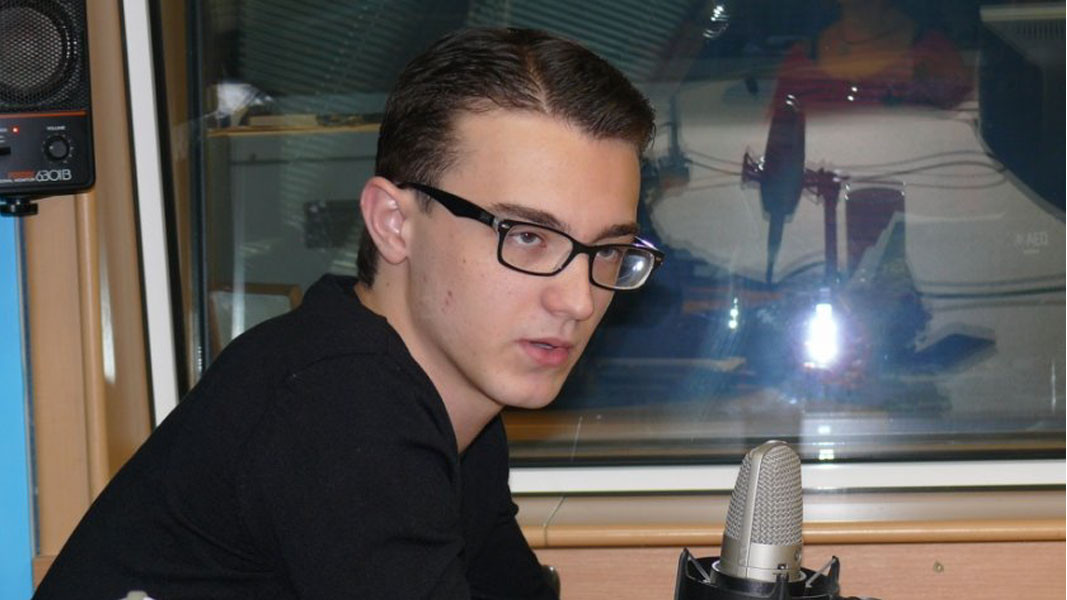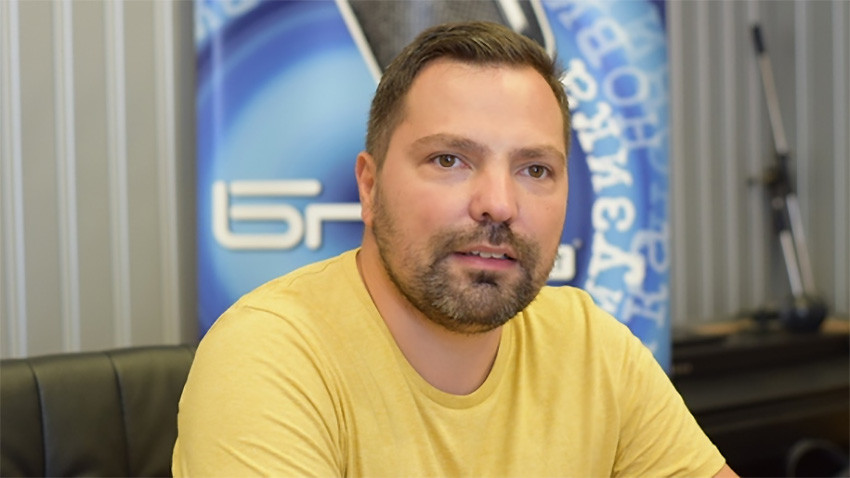One day before the deadline expires for submitting applications for voting abroad – 15 June – more than 55,000 applications had been submitted. It is hardly likely that after today – the last day – their number will reach 87,216, the number of applications submitted for the previous elections for parliament on 4 April. According to the new rules by which polling stations are set up, however, almost double the number of polling places is expected to be established for the snap election on 11 July – almost 800.

“Election legislation was in need of changes to facilitate voting but out of the approximately 1 million of our compatriots who live abroad we shouldn’t expect more than 20-25% to go to the polls,” political analyst Toncho Kraevski commented in an interview for the BNR’s “A home far from home”.
Dimitar Ivanov has been living in Switzerland for 20 years. In that time the number of Bulgarians living in the country has gone from 5,000 to 15,000.

“We are not your classical emigrants. We are modern Bulgarian citizens who are mobile, we live in dynamic times of mobile communications, we interact remotely and that makes our bond with Bulgaria unbreakable,” he says. “Because we live in countries where life is very well organized we see the solution to the problems in Bulgaria,” he adds, responding to the widespread criticism that Bulgarians living abroad don’t really know what is happening in their country.
Dimitar Ivanov has been demonstrating an active position and interest in political life in this country for 15 years by taking part in the organization of the election process abroad. He is a global coordinator of the Bulgarian Election Volunteers Network.
“After the 464 polling places set up for the elections on 4 April, this time around we are going to have 700-800. The deadline for submitting applications is 15 June. More polling places will boost voter turnout. The timing of the elections is very important. July is an active holiday month and some of our compatriots will be back in Bulgaria. We are already having difficulty finding members of section election commissions around the world. After the Covid-year people are now free to travel with vaccination or recovery certificates, so many of our compatriots abroad will likely choose to cast their vote in Bulgaria,” Dimitar Ivanov says.
Mandatory machine voting is another stumbling block when it comes to organizing elections abroad.

“The Central Election Commission must decide whether the machines available will only be used for the elections inside Bulgaria, i.e. whether it is considering installing a second machine in some polling stations, or whether there will be just one and ways will be sought to send the remaining machines abroad,” Daniel Stefanov, election systems expert commented for the BNR’s Horizont channel. “With one of these options we shall ensure a normal polling day, with the other – we shall be breaking the Election Code.”
In spite of all difficulties, however, no voting method should deter voters from exercising their right to vote.
Compiled by Yoan Kolev
Photos: libraryRobert Joseph Miller, Bulgaria’s Honorary Consul in Nevada, was awarded the prestigious “Golden Laurel Branch” of the Ministry of Foreign Affairs for his exceptional merits in maintaining the diplomatic relations between the US and Bulgaria. The award..
The cool autumn evenings give us a reason to immerse ourselves in the cosy atmosphere of restaurants in Sofia and try new flavours inspired by global culinary trends. Leading Italian travel platform praises Sofia in autumn..
At 04:00 Bulgarian time on October 26, 2025, we must turn our clocks back one hour. This means one more hour of sleep, but it does not eliminate the stress for the body as a result of the change in the biological schedule,..
On November 8 in Hall 11 of the National Palace of Culture, Bulgaria’s best masters and artisans will be awarded for the third time. The founder and..

+359 2 9336 661
